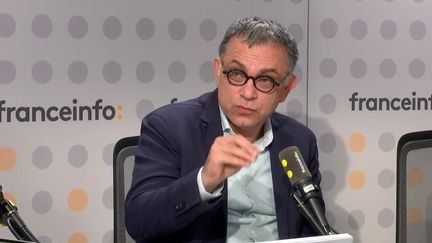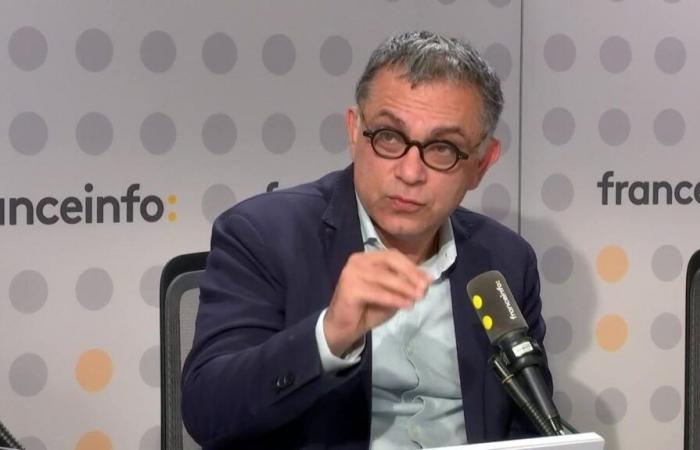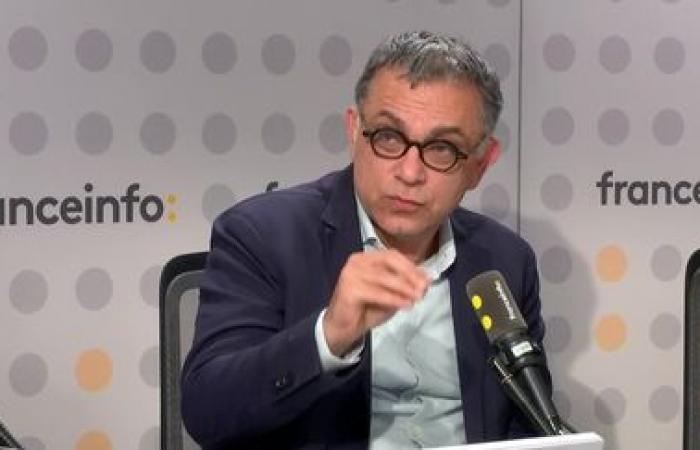Yazdan Yazdanpanah announces in particular “an upcoming treatment with an injection every six months to completely prevent transmission”.
Published on 01/12/2024 11:15
Reading time: 1min

“We are doing everything we can” to achieve the goal “zero transmission by 2030”, assures Sunday, December 1, infectious disease specialist Yazdan Yazdanpanah, director of the ANRS (the National Agency for Research on AIDS, Hepatitis and Emerging Infectious Diseases), World AIDS Day.
This objective, set by the World Health Organization, is achievable according to him, despite “a stabilization” contaminations in France “since Covid” and in the still absence of a vaccine. 5,500 people discovered their HIV status in France in 2023. Doctor Yazdan Yazdanpanah is campaigning for more prevention and screening.
“We have tools”he insists. “Now we can go to the labs without a prescription to do screenings, we have PrEP (this tablet to take once a day to prevent transmission for people who consider themselves at risk), we have a treatment that will come with a injection every six months to completely prevent transmission”he explains.
Regarding the profile of new people infected in France, he emphasizes that “more than 50% of heterosexuals” are concerned, in particular “the migrants”. Another important factor is that these people are mainly found outside large cities, “in the outskirts, in the countryside”. “We have to go outwards”calls Yazdan Yazdanpanah who demands “more means” to go find these people “vulnerable” to better detect them.
Fear is also a barrier to screening for some, particularly among the younger generation. “It’s true, it’s a difficult illness but you have to know that we have treatment, and with this treatment we live well,” assures the director of the National AIDS Research Agency.








